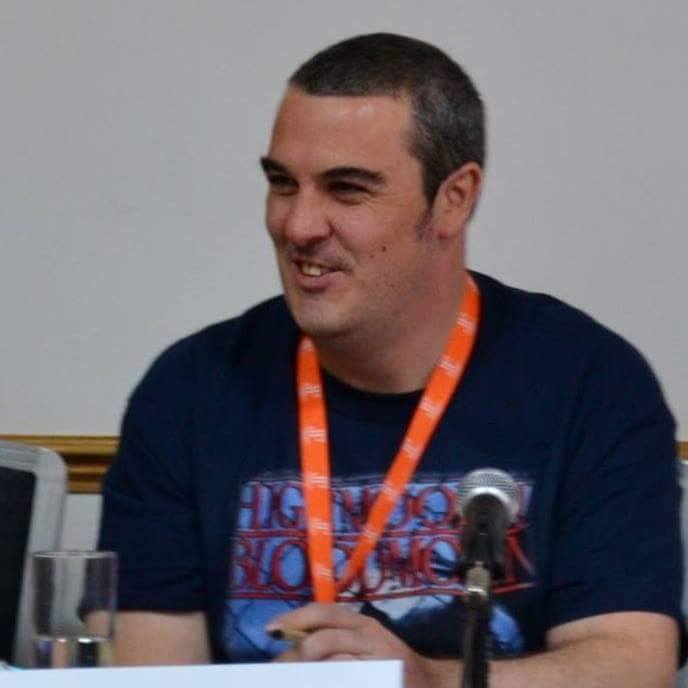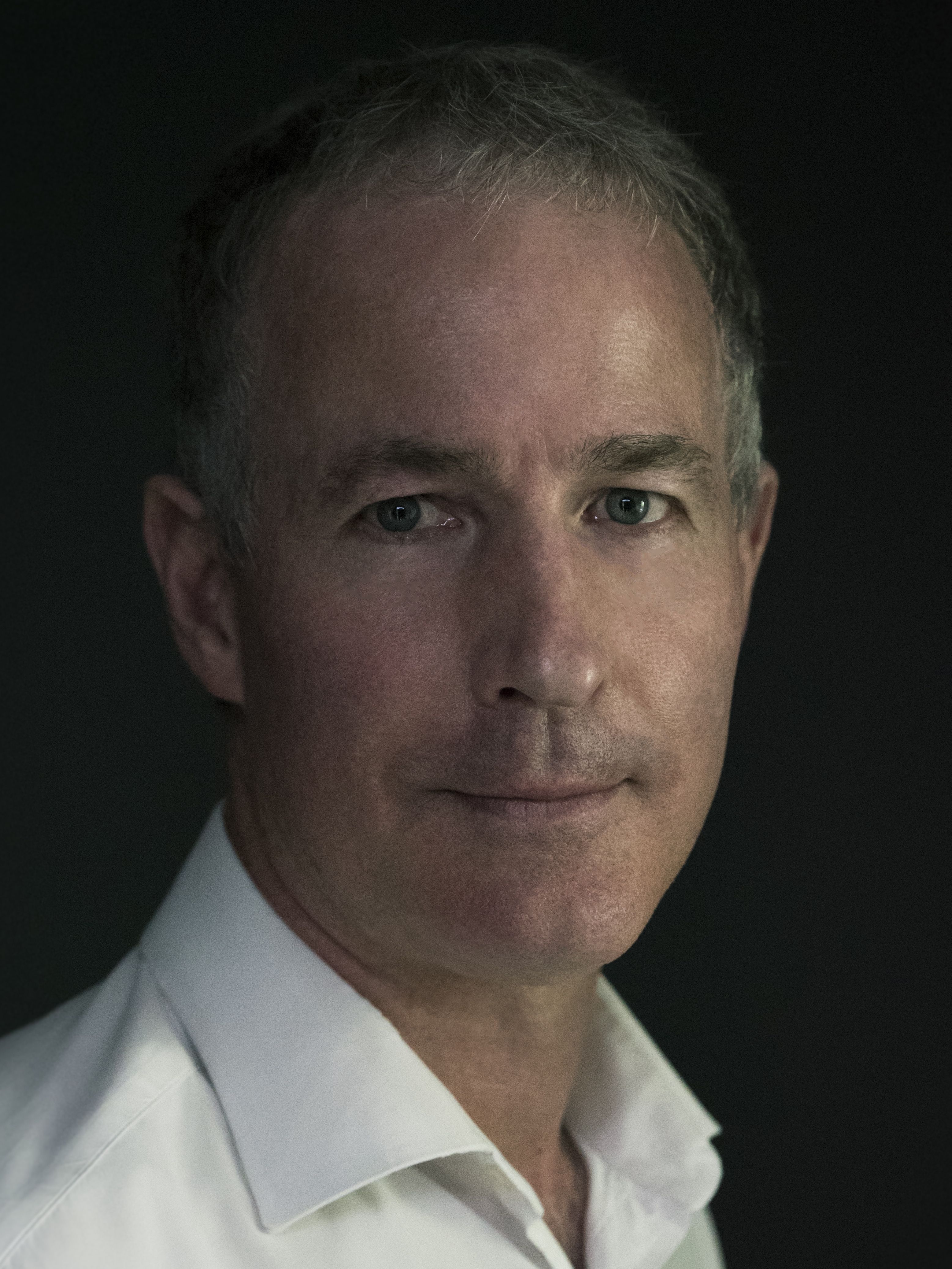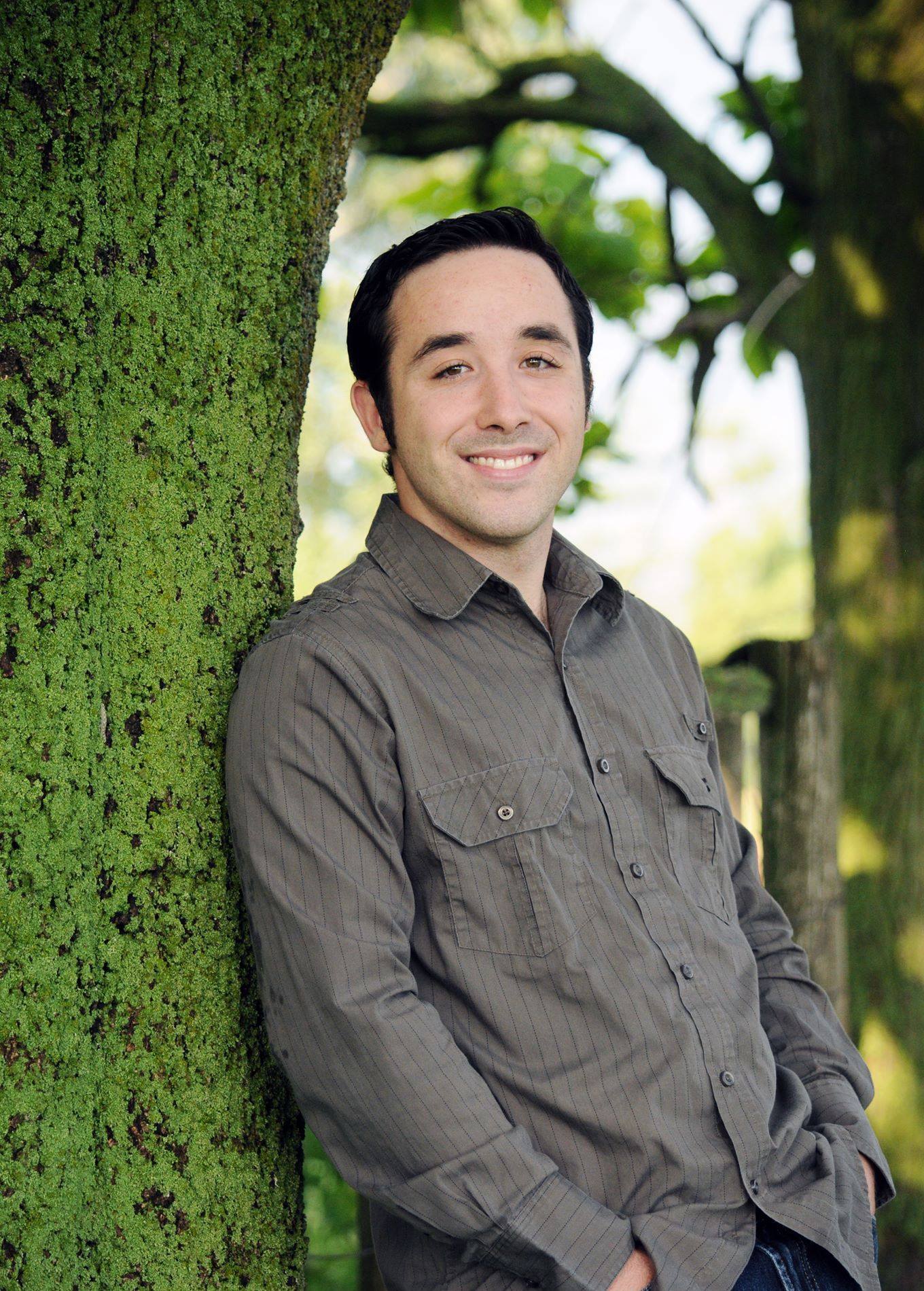Tuesday Takeover: Why Audiobooks Matter by Chris Barnes
Legend tells of a boy born in 1977 who just wouldn’t sleep. The boys’ mother, try as she might, just couldn’t get a full nights rest. One day, when the boy was six, a family friend suggested to his mother that she should give the boy a cassette player, some tapes and instructions that he could listen to as much as he wanted, but that he was not to leave the room until she came to get him for breakfast. Thus began a love affair with audiobooks that would last for all eternity. The boy, of course, was me.
I’ve loved audiobooks and audio drama for nearly 35 years, I listen at night and drift off to sleep in a different world every night. World created from the minds of authors and brought to life by the voices of their narrators.
This matters.
It matters because not everyone can avail themselves of traditional methods of reading. Whether it be because of physical reasons, or because, simply, they never learned to read. I know that this might be a shocking thought, that we live in the 21st century and there are still people out there who for whatever reason still don’t have this most basic of human rights. Audio matters because we can still give people the opportunity to visit these authors worlds and lift the words from the page and make them real.
My own jump from listener to producer came in 2009. I was casting about looking for online audio dramas, when I came across Brokensea.com whose extensive catalogue was impressive to say the least. I devoured their catalogue and loved it so much that I got in touch with them about I could get involved and have a go. They gave me an audition to do, using a really crappy mic that I had lying around and picked up a role, and then another, and another and I was soon being cast in things without even having to audition any more. After a little while it became apparent that I had a little talent for both the acting side of things and the post production of shows and in 2011 I took over mixing duties for Doctor Despicables Chamber of Cinema, a short podcast that compares horror movies of similar flavours, decides which one was the worst, then offing a member of the production team. I once had to create a sound effect that created one of the rottweilers from The Omen, firing lasers from it’s eyes and spinning saw blades from it’s mouth! Good times!
Somewhere along the way though, audiobooks found me again and I was given the opportunity to start producing actual audiobooks for a small press. I did post production on three books and I decided that I was going to take the chance and start narrating myself.
It’s now 2016, I have 25 audiobook credits to my name with at least 16 titles due so far this year. I’m audible approved and have earned the moniker of ‘The Voice Of Your Nightmares’ due to my specialising in the horror genre. That’s not to say that horror is all that I am, I do have books out in other genres, but horror is where my black heart gravitates to.
The 39 year old me says “Audiobooks made me”
The 5 year old me says “Pass Another CD”
Chris Barnes is an Audio Book narrator and producer from Scotland. He has narrated several horror genre novels and is the voice of the High Moor series. You can usually find him in a small soundproofed cupboard finding new ways to terrify audiences. You can find me on:
Facebook ~ Twitter ~ Blog ~ ACX ~ Audible






